Surviving and thriving beyond the shores of my homeland Niue
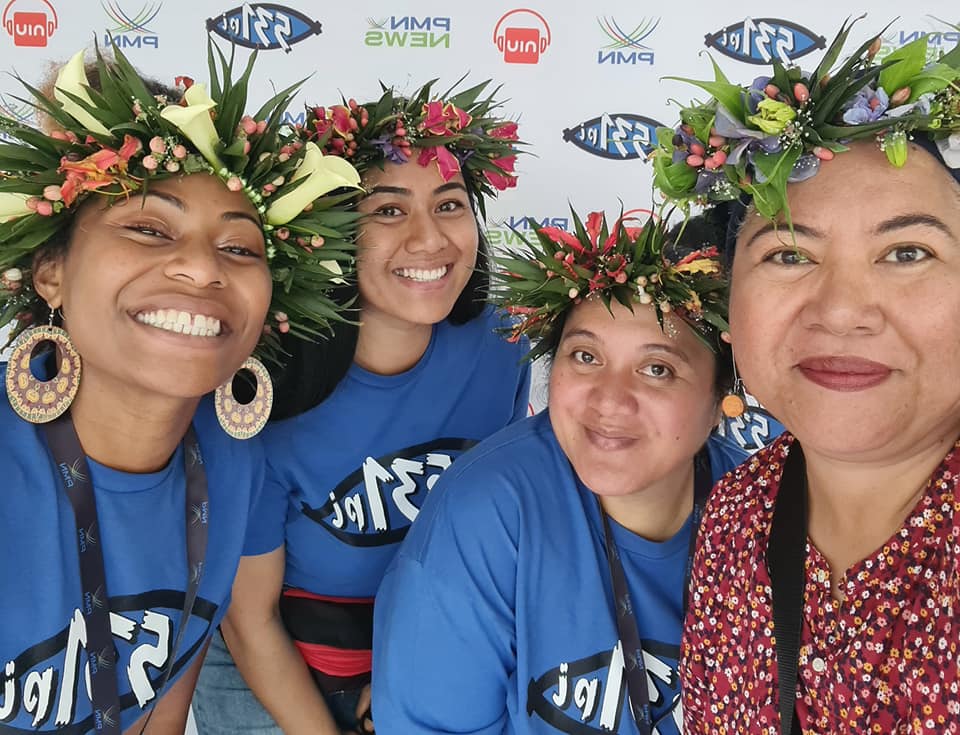
Hofihofi atu e tau manatu fakaalofa kia mutolu oti. Fakaaue ke he magaaho kua tuku mai ke fakakite manatu ha ko e faahi tapu he vagahau Niue.
Ko e higoa haaku ko Inangaro Vakaafi. Hau au he tau maaga ko Mutalau, Hikutavake mo Alofi, ko au ko e tagata Niue.
This week we celebrate Vagahau Niue Language Week and our theme is “Kia Tupuolaola e Moui he Tagata Niue - May Tagata Niue Thrive”.
I suppose there was a time when our ancestors looked beyond the shores of Niue to a land of promised milk and honey. My grandparents Hegigie Vakaafi and Mahelisara Vakaafi (nee Motufoou) left the motherland to seek adventures and opportunities here in Aotearoa.
As I look beyond the high raised buildings and concrete jungle that is now my temporary home in Aotearoa my mind drifts back with a sense of longing for home in Niue.
Our elders and parents often remind us that before we seek the world to first look within. So who am I?
My name is Inangaro Manogihau Motufoou Vakaafi. I am of Niuean and Kuki Airani descent, rising from the great Pacific, a child of the Realm of New Zealand, a product of my parents' love and the hope of my ancestors.
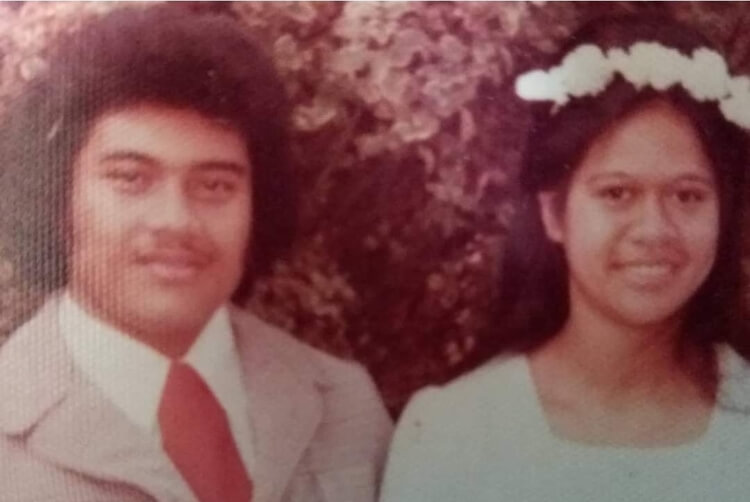
My parents Bill Vakaafi Motufoou and Rauru Vakaafi (nee Inamata) met here in Aotearoa after their families migrated from Niue and the Cook Islands.
Their common love of Pasifika culture, song and dance would culminate in a future bound by trials, challenges, victories and bountiful harvest. They worked hard, started a family and eventually made a conscious decision to return to Niue with my two older brothers. This was a blessing in disguise and a move I will forever be grateful for.
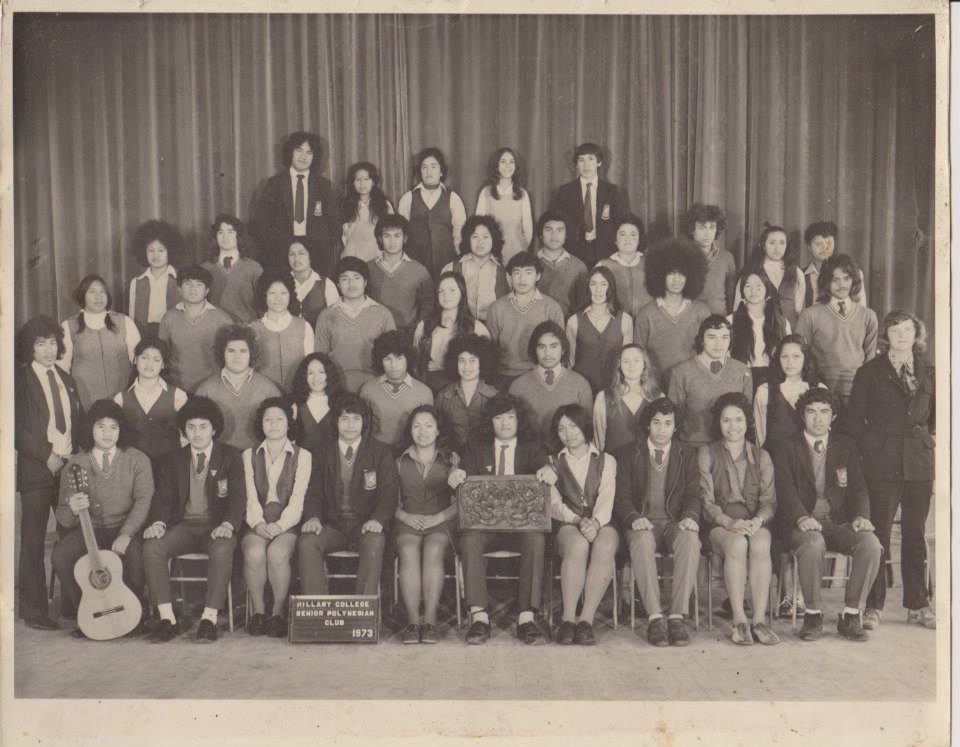
I was born in Niue and my fonua (placenta-my first home before I came into this world) was lovingly buried in the fonua (land/soil) of Niue with a great ifi (chestnut) tree to mark the spot. There I spent my formative years before being uprooted and placed back in New Zealand until the age of seven.
The return home to Niue was after a major cyclone, at that point I had lost the language and it was meant to be a holiday. That amazing holiday spanned over more than twenty wonderful years.
The village of Mutalau became my family and I will forever be grateful to my parents, my aunty Jennifer and nena Same and so many others who became my refuge and educators to reclaim my language and identity. Some of my greatest life lessons were instilled within the home, village and on the plantation. These settings would provide me with a firm foundation learning vagahau Niue in everyday chores, weaving, crafting, church life, sporting activities and more. Basically it was living and breathing everything that Niue had to offer.
I attended Niue Primary School, Niue High School, the Niue centre of the University of the South Pacific. I also worked for the Niue Government and volunteered in groups like the Niue Youth Council, Niue Island Organic Farmers Association, Niue Women’s Rugby, Mutalau Village Council and others. All these experiences would eventually prepare me for the return to Aotearoa with a stronger grounding in Niue values, culture and most of all the gift of Vagahau Niue.
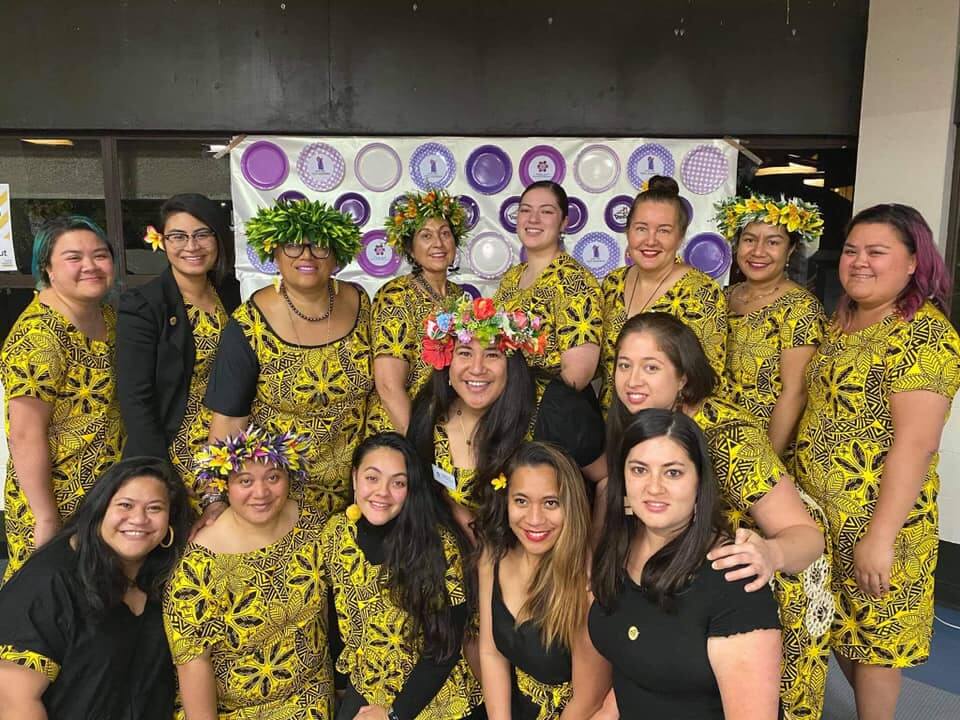
Niue has a population of less than 2,000 remaining on the island and a majority of our people now call Aotearoa home. In the 2018 NZ Census it states there are just over 30,000 Niueans who live in NZ. From that number only 12% can speak Vagahau Niue, a stark reality for many of our people in the diaspora.
There is a saying that challenges us each day “Ko e vagahau Niue kua aloalo mai” which basically means the Niue language is waving us goodbye.
Vagahau Niue is a beautiful language that has opened opportunities to serve my people of Niue and the wider Pasifika community. I now work for the Pacific Media Network as a radio producer for 531pi, I am also a part of a team of passionate Vagahau Niue advocates teaching Vagahau Niue with the Pasifika Education Centre (PEC).
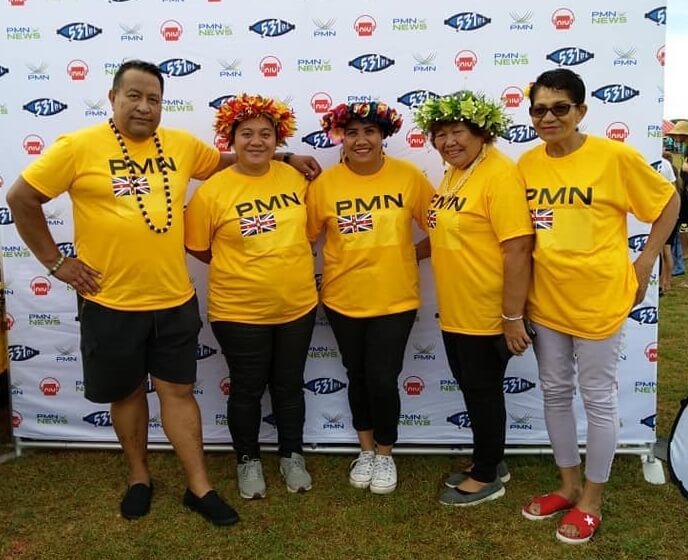
Recently I heard an analogy that talks about living in the past, present and future. As we live in the present we extend our hand forward to be guided by our ancestors and reach back to hold onto the hand of our next generation.
Growing up in Niue we are raised to serve our family and community and I brought those same values with me because I carry Niue within me.
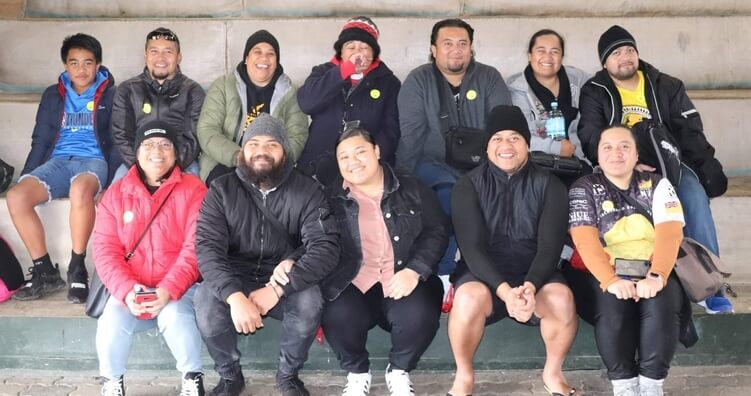
For those of us who are fortunate to have the gift of Vagahau Niue it comes with a responsibility to be a part of the solution and not the problem. We are the connectors between our past and the future and it is my hope that our approach is one of love and understanding while we journey together.
My encouragement to our atuhau fuata Niue is to never give up because if there is anything worth fighting for it is to fight for our people and our right to exist in this world with the richness of the taoga that our tupuna have passed on to us.
When I am challenged in this world the voices of one of the tupuna from my village Hafeiki Vilitama echoes these words “Mai he haaku a tumuaki ulu ke he haaku a tau aloalo hui, ko au ko e tagata Niue”. These words translate that from the crown of my head to the soles of my feet I am a Niue person.
My belief is that as long as tagata Niue live and breathe we will continue to thrive and fight for our language, culture and identity.
Welcome and warm Pasifik greetings
The information on this site has been gathered from our content partners.
The names, terms, and labels that we present on the site may contain images or voices of deceased persons and may also reflect the bias, norms, and perspective of the period of time in which they were created. We accept that these may not be appropriate today.
If you have any concerns or questions about an item, please contact us.